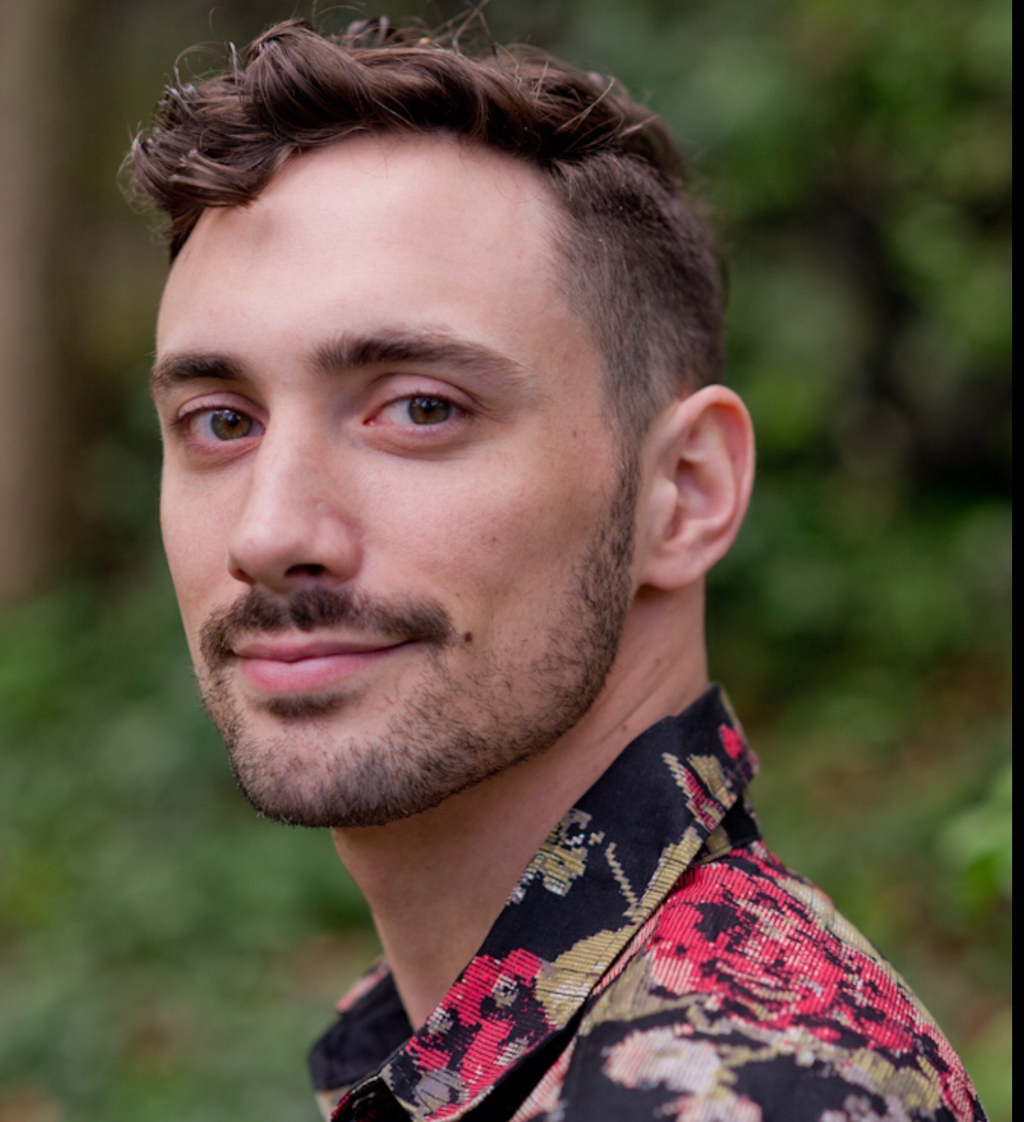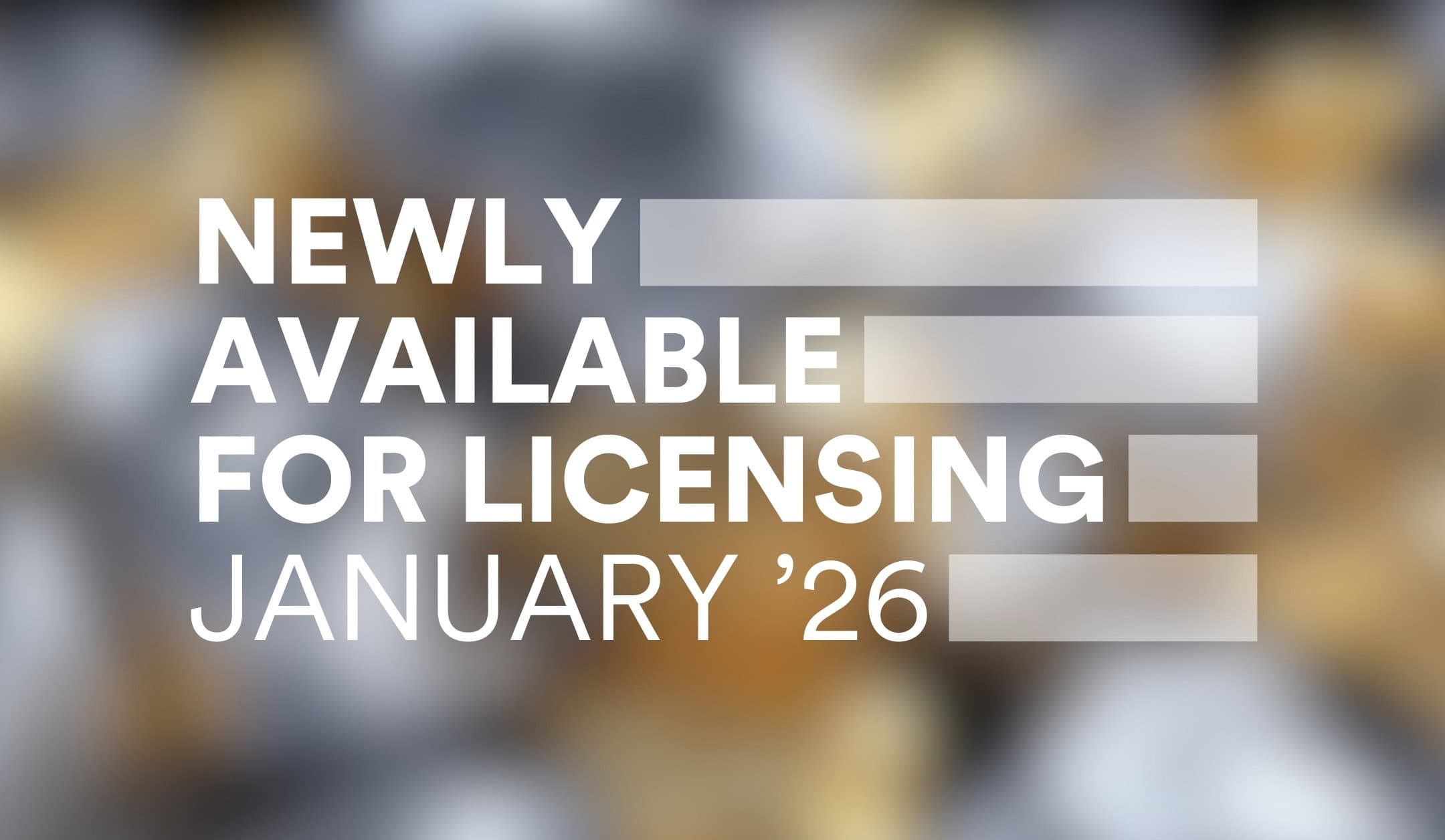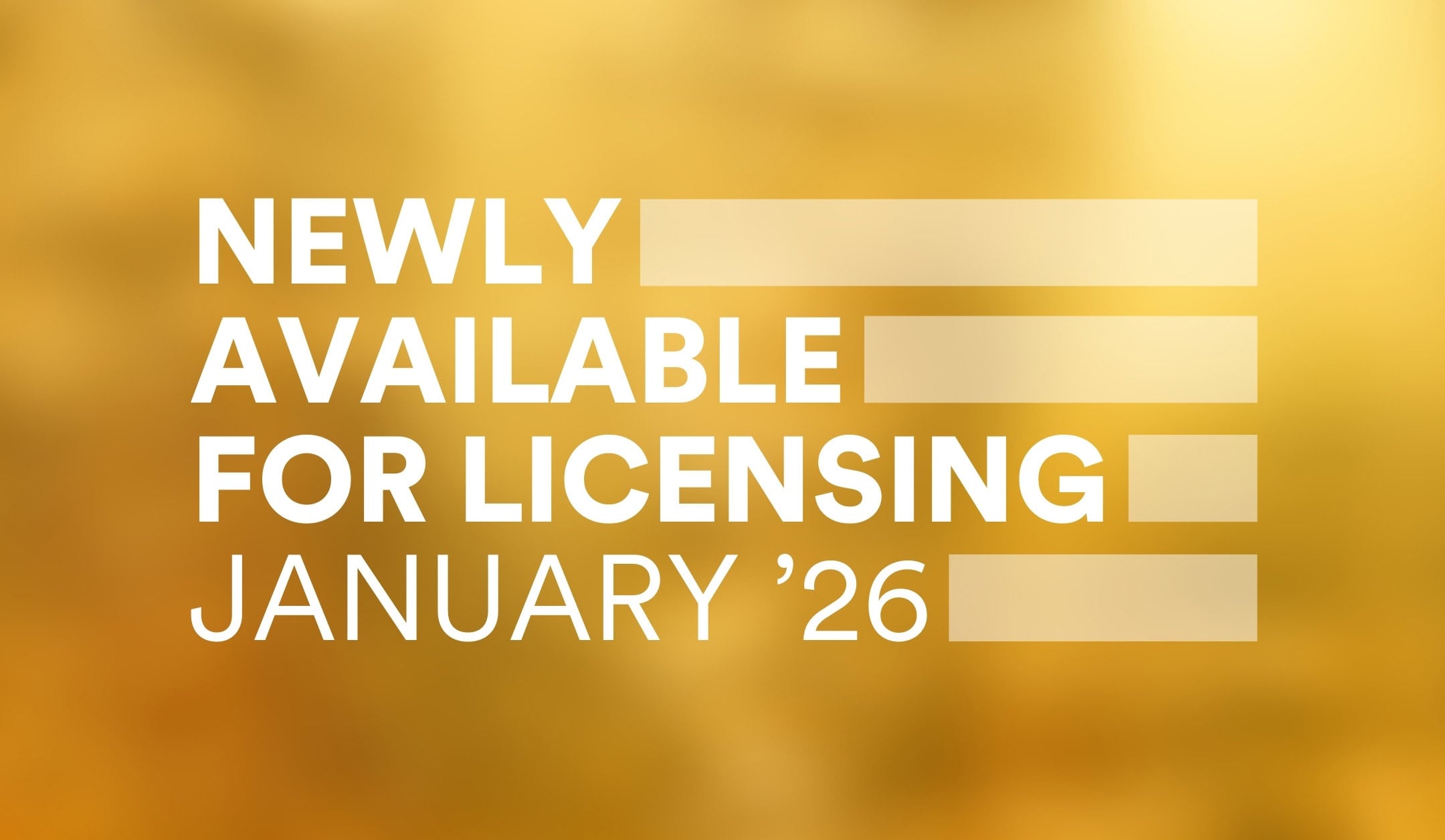
This is the latest in our Meet the Fellows series, where the Dramatists Guild Foundation will introduce you to the current class of DGF Fellows. Each of these writers and writing teams have proven themselves to be leaders of the craft whose work we expect to be enjoying for years to come.
Since its inception in 2000, the DGF Fellows program has provided a home for more than 160 writers. Over the course of this year-long intensive, composers, lyricists, playwrights and bookwriters work with professional mentors, honing their individual processes while developing a full-length piece. Beneficiaries of this rigorous and highly selective fellowship receive stipends, development opportunities, and a foothold in the industry. Alumni include Anna Ziegler (Actually), Rajiv Joseph (Bengal Tiger at the Baghdad Zoo), and Kristen Anderson-Lopez (Academy Award winner, Frozen) among dozens of other vital contemporary theatre makers.
Helmed by Michael Korie (Grey Gardens), Laurence O’Keefe (Legally Blonde), Sheri Wilner (Kingdom City) and Diana Son (Stop Kiss), the DGF Fellows program is singular in that it pairs playwrights and musical theater writers, creating a space for diverse and interdisciplinary creators.
It is our pleasure to help spread their unique and promising voices. Now, get to know Jeremy J. King
What was your first experience with theater?
I can recall seeing a production The Nutcracker when I was about six. I was OBSESSED with it. That show is all spectacle. From the giant Christmas tree, to the many-headed Rat King, to Mother Ginger’s skirt, to Clara and the Prince flying off in a sleigh at the end, it was absolute candy to my developing mind. It’s also super weird and a little scary. So, for me, it meant the stage was a place with many possibilities.
When did you decide to become a writer? Is there a writer, show, or piece of writing that was particularly influential on your path?
Looking back I think I wanted to be a writer for much longer than I realize. Or maybe I should say I wanted to be a STORYTELLER. When I was young, I aspired to be someone like Walt Disney…to have my name branded on a hoard of animated movies. I would come up with all kinds of “concept art” and elaborate plots that my friends and I would act out in the backyard. That was how I learned to tell stories, through play and art. As I got older, I developed more skills and discovered writing was the best vessel for my imagination. So, when I think about what influenced me, I have to credit the animated films of what’s referred to as the “Disney Renaissance” of the early 1990’s…The Little Mermaid, Beauty and the Beast, Aladdin, etc…the writers of which were musical theatre writers!
How do you describe your work overall? What sets your work apart?
I’m first and foremost a proud genre writer. My first “break” as a writer was in fiction, when I had my young adult urban fantasy series published. My work as a dramatist is just as fantastical. I believe fantasy, horror, and science fiction are great tools to help us examine the world, so all my work has a tinge of the unreal…or what we believe to be unreal. I basically view everything on stage as a ghost, demon, angel, memory, or dream that characters use to access hidden parts of themselves. Whether these agents turn out to be real or figments of a character’s imagination, they cause change…they help. And, as a gay man, I always focus on LGBT characters and stories. We so often see fantasy used as a metaphor for the queer experience, but I like to see them coexist instead of being a stand-in for each other.
Can you tell us a little bit about the show you’ve been developing as a Fellow?
I was accepted as a librettist with my writing partner, composer Sam Salmond. We’ve mainly been developing Eighty-Sixed, a musical about a man learning to grow up during the horrors of the AIDS crisis. The show operates in different years and has memories and ghosts and a lot of elements that require a lot of attention. We have a really solid draft, so we haven’t been actively writing it, but more finessing it for an upcoming production. It’s been great to get really micro and focus on details rather than overarching story and shape. We’ve also been bringing in pages from a musical we are actively writing called Creature, which is a chamber musical that queerifies (is that even a word?) the Frankenstein myth.
What do you find most rewarding about your work as a writer?
I was actually just editing a scene from Creature and I was struck by how intimate it is, like it really speaks to feelings and views I have…even though it’s a scene about an undead monster learning to talk! So, for me, I think writing is about helping people understand me and the way I experience and view the things. Hopefully there are parts of it that are the same as you and hopefully there are parts that are different. I hope discovering those things surprise both of us. That’s what I love most about reading other people’s work, too. It’s something we can all do a little more of, taking time to see and understand the way other people experience the world.

Newly Available for Licensing – January 2026 (UK)

Newly Available for Licensing – January 2026 (US)

